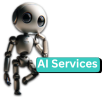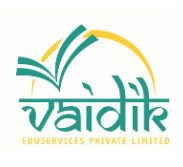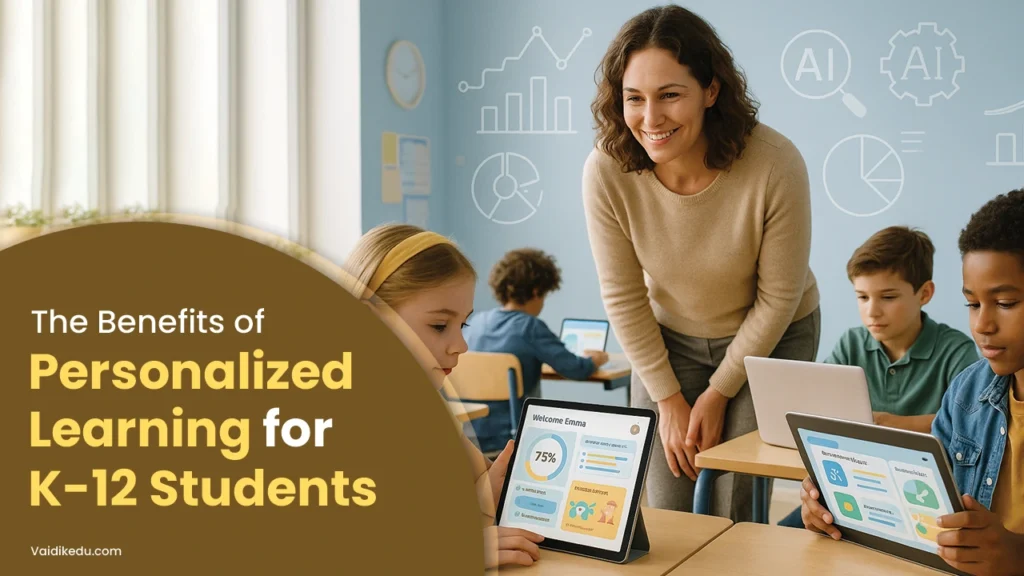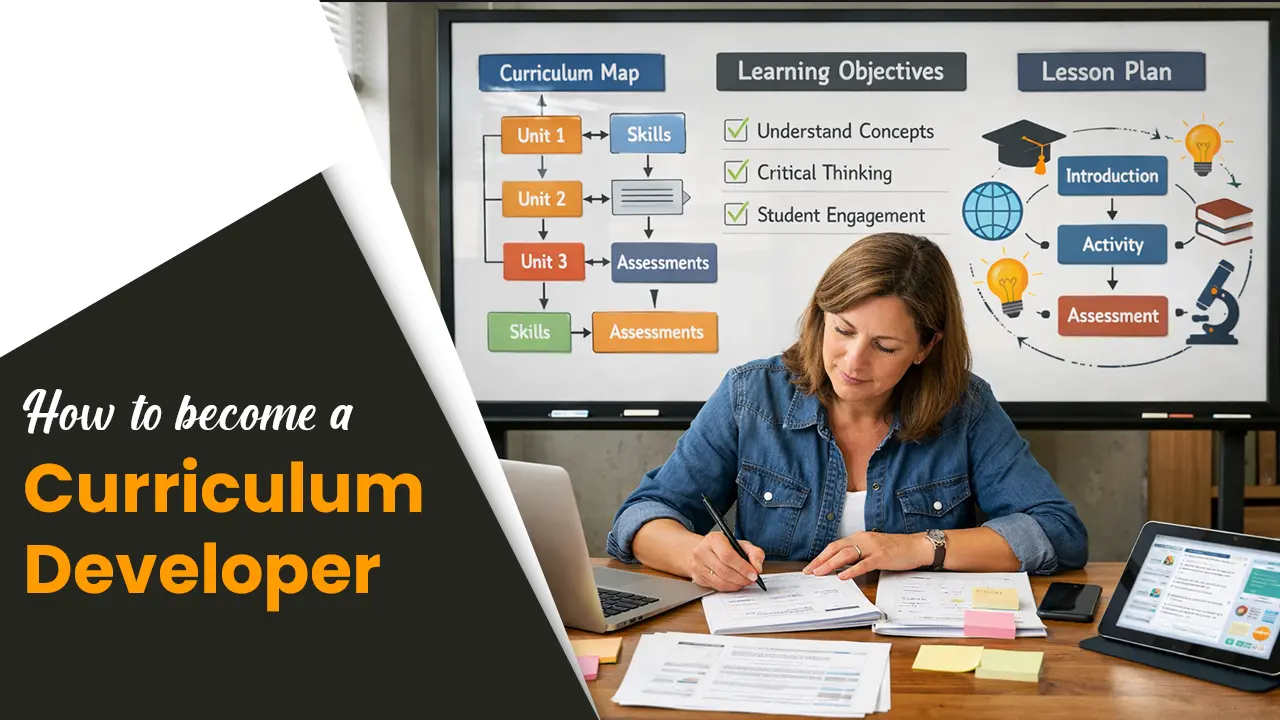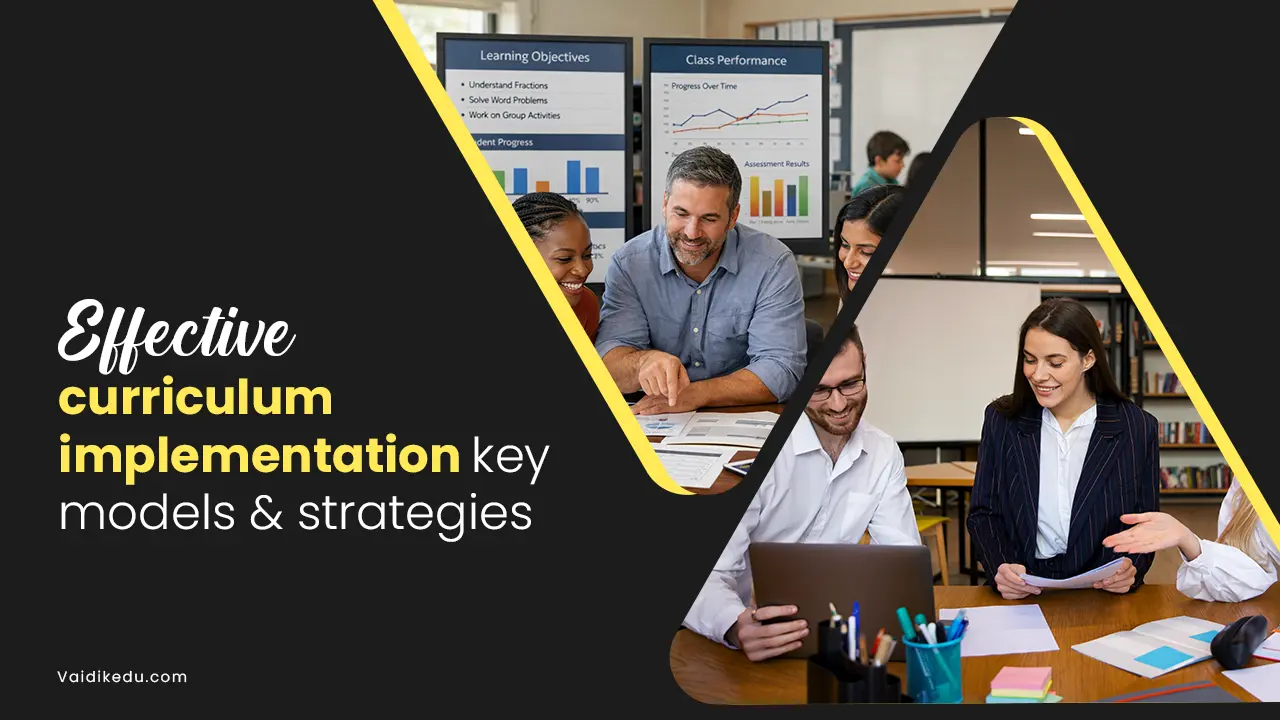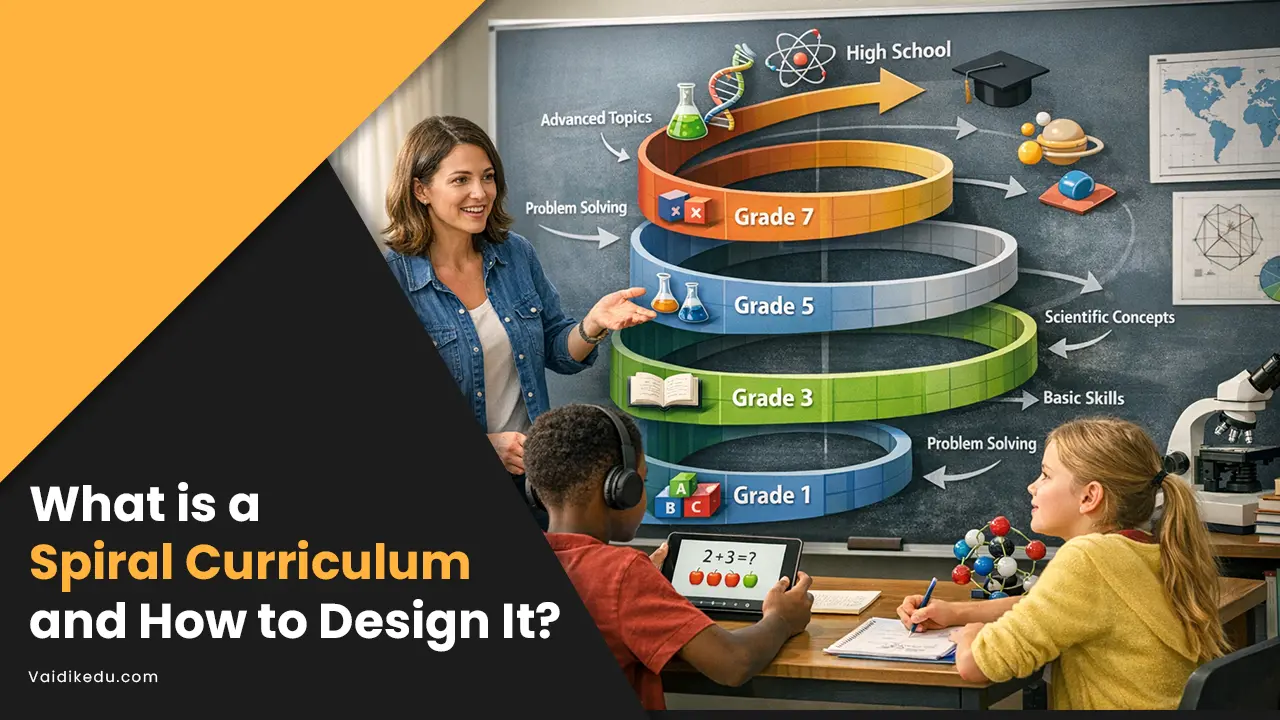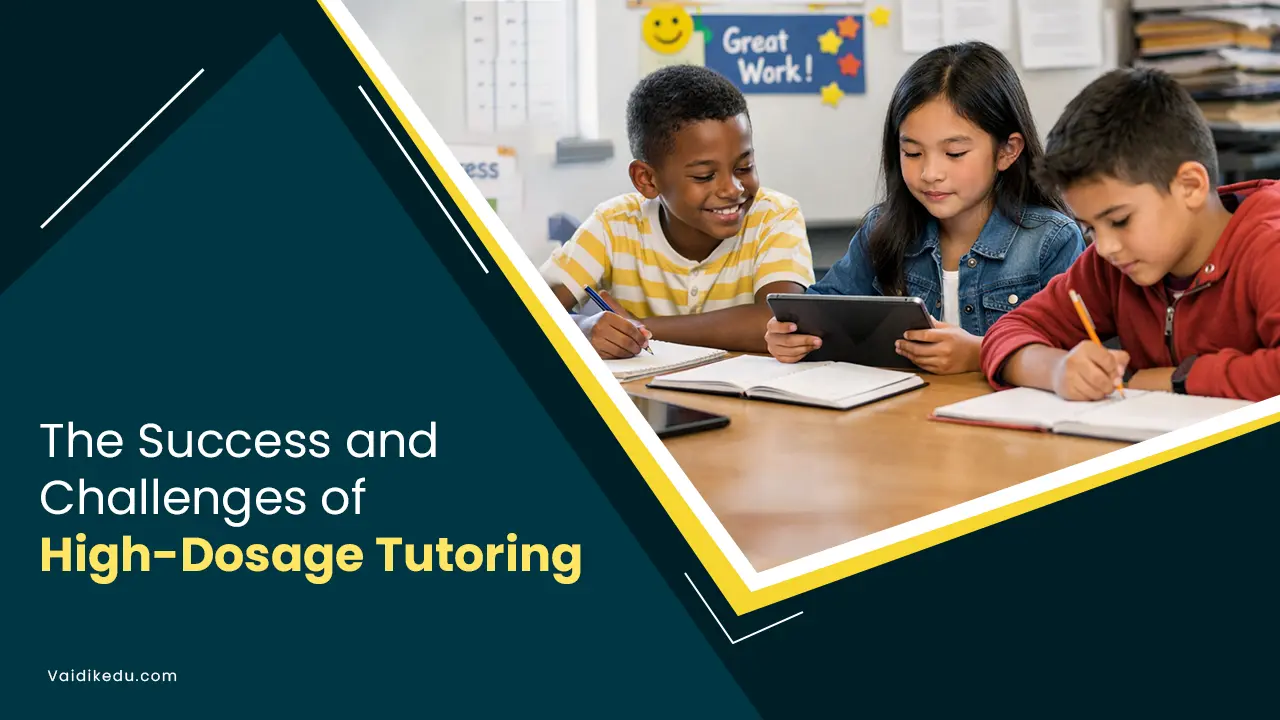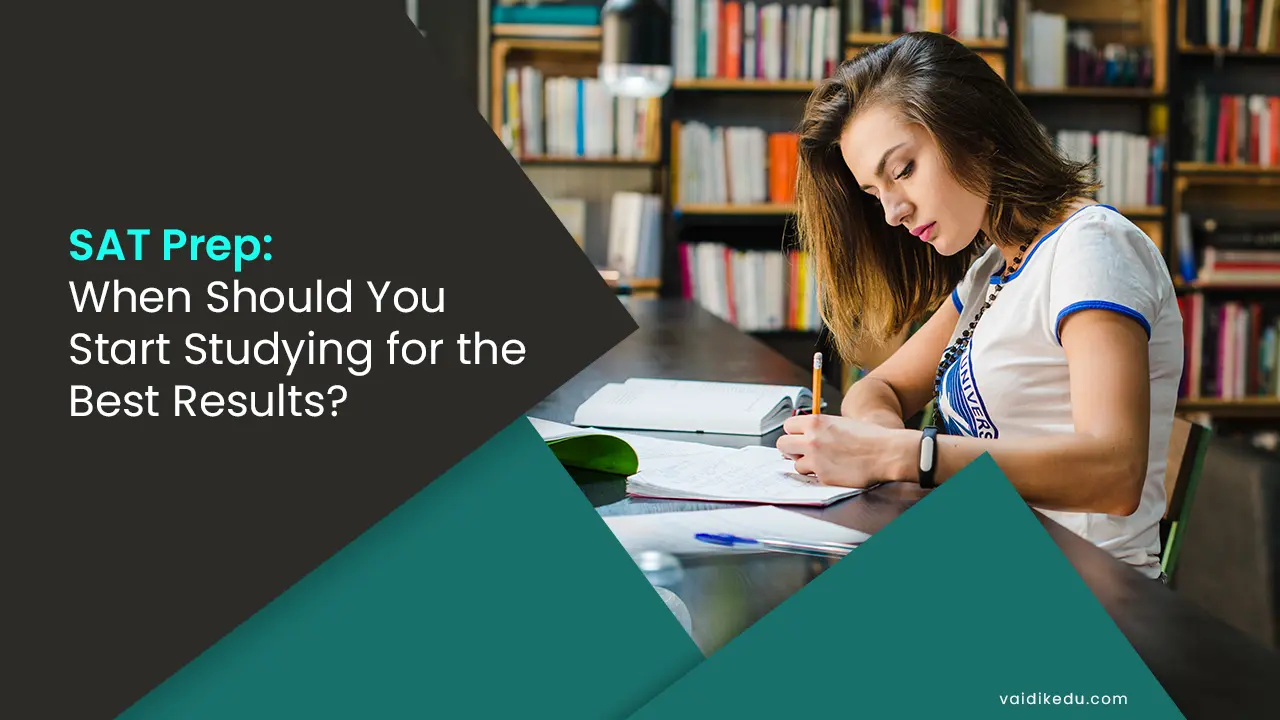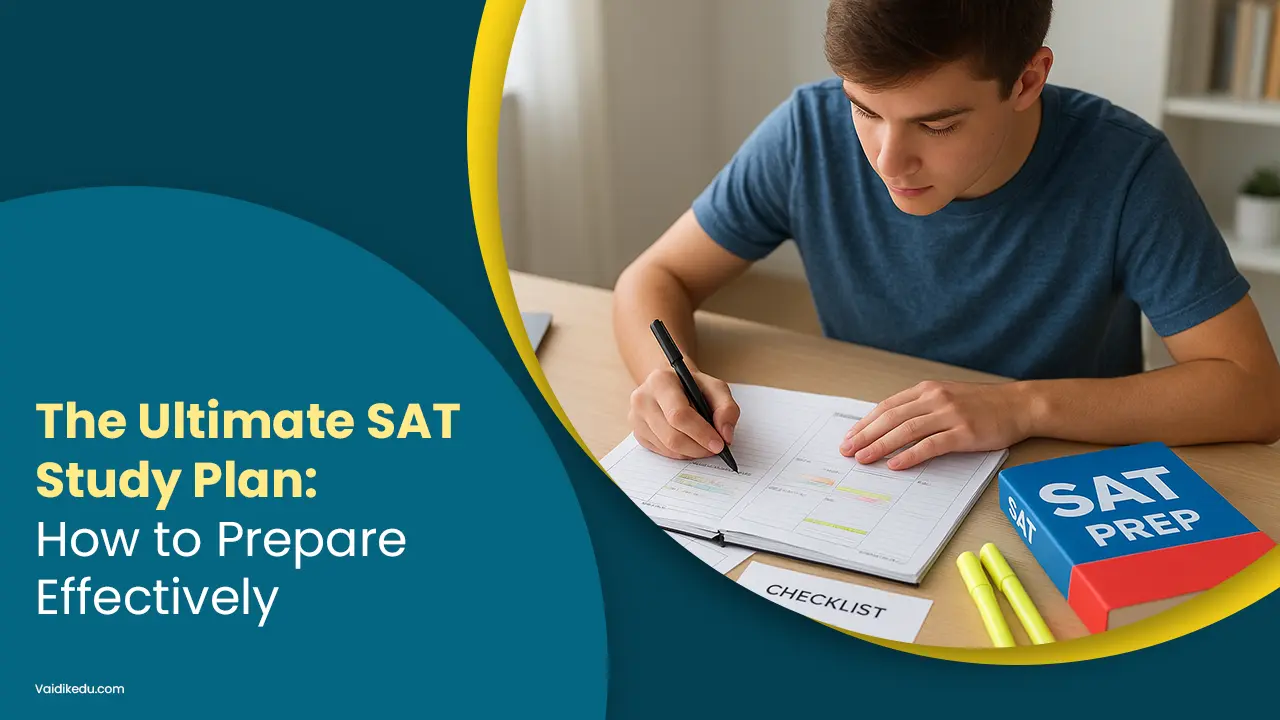Personalized learning is the strategy that makes teaching and learning cater to individual needs, interests, and even the pace at which students learn. That is to say that personalized learning becomes the opposite of traditional approaches in education, wherein more rely on a one-size-fits-all approach. While education technology is changing, personalized learning has always been accessible and transformative for K-12 learners.
This blog shall, first of all, identify the advantages of personalization in learning, show how this practice enhances outcomes for students, and finally, critically discuss its implications on the larger learning environment.
Responding To Different Preferences in Learning
Different is every child when it comes to what they prefer best in learning. While some learn with aids given to them visually, others learn practically and sometimes it’s audio.
Personalized learning addresses such differences by tailoring instructional strategies towards an individual’s way of learning. There are also digital resources, such as learning management systems and adaptive software, which assess students’ performance and recommend content.
For instance, a student who learns better through images and is weak in math will be able to grasp abstract concepts more effectively if shown through interactive simulation and video displays.
Boosting Student Interest And Motivation
One of the major difficulties in the education world is engaging the student. This problem is well covered through personalized learning by providing learning content in terms of interests that suit students. It turns the boring, passive process of learning into a lively and playful process with gamification, interactive modules, and application-based learning.
The platforms Prodigy for mathematics and Duolingo for language acquisition also apply game mechanics and reward systems that make the student interested in the content and enhance retention.
When the student has control over his or her learning trajectory, he or she develops a feeling of ownership, which maximizes his or her level of motivation.
When the student is allowed to choose topics or elective courses for projects related to his or her interest, his or her intrinsic motivation increases and instills love for learning throughout life.
In itself, personalization goes with the benefits of improving academic outcomes. Allowing the student to hone their strengths and address weaknesses, a student is provided exactly what he needs to succeed.
Adaptive learning tools, like math for math, use real-time analytics to determine the point at which to alter the content so that he can master the topic before progressing further.
It helps to eliminate learning gaps and thus serves as a proper foundation for whatever school work might be set for the academic student.
Mastery-based progression is promoted in personalized learning. Unlike advancement at the end of a unit regardless of whether a student has mastered the subject, a student continues learning about a subject until he or she can demonstrate mastery of the subject matter.
This process lowers the chance that a student will fall behind and deepens learning.
Building Self-Paced Learning
Traditional classrooms tend to follow a rigid schedule that may not be appropriate for all learners. Personalized learning allows students to learn at their own pace, which benefits both the faster and slower students. Self-paced learning allows the student to control his or her learning experience, which can help instill independence and responsibility.
For instance, a student who has mastered science can easily jump to topics without waiting for peers while a student who has difficulties with reading can seek more help and not feel rushed hence reducing anxiety and making for a better experience in school.
Assist Students in Developing Critical Thinking And Problem-Solving Skills
Personalized learning promotes critical thinking and independent problem-solving in students. Tailored assignments and project-based learning tasks require the students to apply their knowledge creatively. The process of exploratory learning engages the students by conducting investigations, developing hypotheses, and experimenting rather than memorization.
Platforms such as Google Classroom and Project Pals enable students to work in teams, including sharing and collaborative projects that encourage teamwork, and analytical and innovative ideas. Such experiences prepare students to face real-world challenges with realistic and resourceful learners.
Inclusivity And Equity
It is difficult for students of different backgrounds and learning needs to learn in the traditional classroom setup. Personalized learning accommodates diverse abilities, learning styles, as well as cultural backgrounds, hence inclusive. Students with disabilities learn using assistive technologies in the form of text-to-speech software and customizable content that makes learning less complicated and more attractive.
In addition, personalized learning closes the achievement gap. Students with a problem or those who perform better are intervened and provided with richer content, respectively. This method makes sure every student has equal chances to achieve success without any gap.
Developing A Growth Mindset
A growth mindset is the understanding that abilities can be developed through effort and perseverance, which is required for long-term success. Personalized learning helps create this mindset because it emphasizes progress and mastery over grades. Ongoing feedback to students on their performance points out areas for improvement and celebrates accomplishments.
In some online education platforms, like Khan Academy, performance analytics are offered for the benefit of the student so he can track his own progress over time. This reality-oriented view allows a student to take challenges and mistakes as a chance to learn rather than to lose.
Improved Effectiveness of Teachers
In personalized learning, the role of the educator is the facilitator and guide but not the knowledge provider. It frees the teachers from redundant tasks when using technology-based personalized learning materials so that this can be further used for individually guiding students with instruction and support.
Data analytics provide hands-on knowledge that may prove useful for understanding which students might require support in the interventions developed and to then make modifications according to their requirements.
Moreover, it promotes teamwork among the teachers, students, and the parents. The learning plans, follow-up of progress, as well as communication tools will offer a combined support network that will steer the students from all parties.
Preparing Students For The Future
These include flexibility, team effort, and digital literacy, which learners must acquire to equip them with various skills in acquiring and facilitating personalized learning, such as technology-based learning, self-directed learning, and project-based learning.
Students learn how to manage their time well, seek resources proactively, and manage unfamiliar situations, which are very much needed in both higher education and professional environments.
Additionally, personalized learning supports the culture of lifelong education since curiosity and an active approach to knowledge are encouraged. Thus, formal school life molds lifelong habits leading to success in life.
More in-depth Information on Personalized Learning in K-12
Personalized learning goes beyond just being one educational fad; it represents a new paradigm shift in the way education is taught and learned. This allows students to assume ownership of the learning process since it initiates instructional strategies, materials, and even the learning pace based on student needs.
In this case, personalization and flexibility become relevant, timely, and high-impact practices for the process of learning. Let us explore more about personalizing learning as it affects current education.
Role of Technology in Facilitating Personalized Learning Personalized learning has several enablers. Some of the main enablers of personalized learning are EdTech, which refers to adaptive learning platforms, intelligent tutoring systems, and data-driven resources as a basis for customized instruction.
Examples include i-Ready, DreamBox, and Edmentum, where real-time assessments of students lead to modifying the complexity of lessons in response to levels of mastery achieved. Such instant feedback improves comprehension and prevents the emergence of knowledge gaps.
In addition, VR and AR technologies enhance personalization of learning much more to be experiential. For example, history can be studied by virtual visiting ancient civilizations, and anatomy by creating interactive 3D models. These innovations engage most senses and make abstract concepts concrete to a much larger section of learners.
Incorporation of SEL
Personalized learning includes SEL, which is a part of overall development. Classcraft combines SEL with academic goals for positive behavior, teamwork, and resilience. It ensures that each student receives tailored approaches to emotional and social support so that the class environment is improved and a community is fostered.
These are effective emotional barriers to learning. Students who might be crippled by anxieties or learning disabled often become disruptive in typical classrooms.
The student adapts to unique blended strategies in learning and assessment, hence breaking performance anxiety and building student self-esteem. The tools lend themselves well to help foster more resilience, empathy, and self-awareness prerequisites to both personal and professional success.
Empowering Educators And Families
It actually enhances the effectiveness of educators by not undermining the role of an educator. They become facilitators who guide their students in customized learning, and technology follows the progress with a view of providing targeted support.
Data analytics tools simplify the administrative burden while providing actionable insights to teachers so they can concentrate on impactful instructional strategies.
Second, personalization motivates collaboration between parents and teachers. As learning takes place with real-time access through online digital tools, which may offer information for the parent about the exact occurrence, which further might contribute to participation along with the child.
Some points of it can offer specific plans concerning one student’s ability to perform regularly; which ensures open-mindedness, but motivating kids for success starts at the doorstep from homes to classrooms.
Personalized learning is changing the landscape of learning. Personalized learning refers to an approach towards providing each learner the opportunity to experience a course of learning that meets their individual needs, interests, and capacity.
Personalized learning ensures greater student engagement, academic achievement, and the development of critical thinking, inclusiveness, and growth mindset. It motivates the students to be motivated enough to face the challenges of the future and to seize opportunities.
Even as the technologies advance, this role of personal learning is increasing in importance towards improving an environment of education which is both more dynamic, equitable, and effective.
Frequently Asked Questions
Personalized learning tailors education to the particular needs, preferences, and pace of each student, focusing on guided instruction and personalized learning pathways.
By focusing on the strengths and weaknesses of the individual, personalized learning gives the right support to the students to learn the concepts, thus enhancing their understanding and performance.
Teachers will work as enablers to draw benefits from what technology and big data can offer on their own on individualized assistance or navigation of such experience.
Personalized learning prepares students for tomorrow with skills of critical thinking, adaptability, digital literacy, and self-directed learning skills-precisely those that ensure a successful education journey in today’s world.

